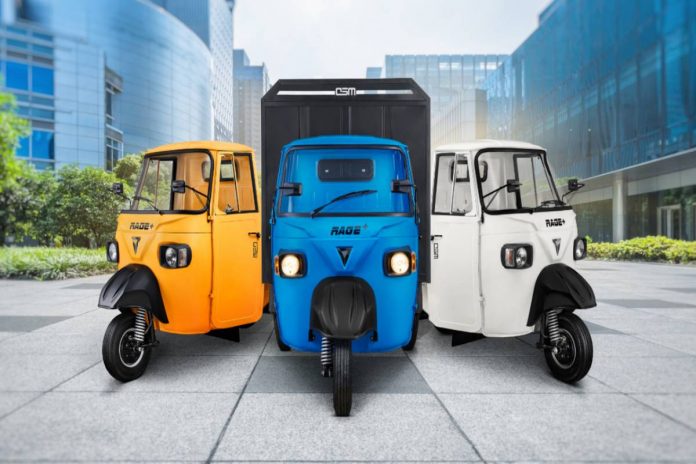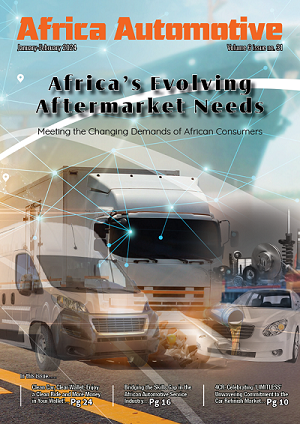Faridabad-based electric vehicle maker, a part of the Anglian Omega Group, Omega Seiki Mobility (OSM) has signed a joint venture pact with the Egyptian e-commerce last-mile delivery firm Rabbit Express to tap the African market.
Under the JV, in which OSM will hold up to 26% stake and Rabbit Express the remaining stake, the latter will initially export its two and three-wheelers to the African market and later the two partners will set up a manufacturing facility in capital city Cairo, OSM founder and Chairman Uday Narang said. Besides, OSM will also lend technological support to its Egyptian partner, he said.
The JV will see an investment of USD 10 million to begin with, and once the manufacturing facility comes into being it is expected to be scaled up to USD 50 million, Hani Mohammed Moshref, Chief Executive Officer, Rabbit Express said.
Rabbit Express, which is 40% owned by Ibnsina Pharmacy, has a fleet of 5,000 vehicles serving several e-commerce clients in Egypt. A USD 2-billion market cap company, Ibnsina serves more than 35,000 customers with more than 375,000 orders per month through its warehouses, distribution and logistics fleets.
It’s a full service company owning warehouses, cold chains, and packaging. Logistics, financing and last mile.
“Under the alliance with Rabbit, we will initially be sending our electric vehicles from India to them. And then in the second phase, we will be setting up with them a first-of-its-kind factory for electric vehicles, using our EV technology for different products,” Narang said.
He said that OSM is working in different areas with Rabbit, who are a significant player in the last mile space in the second largest automotive market in Africa.
OSM has done a lot of work in the domestic EV space over the last several years including the backward integration with power trains, motors and batteries and working with such a significant player in Egypt is a step forward for the company, he said.
The company is looking at a volume of at least 20,000 vehicles annually through the tie-up, Moshref said.
“We can, at least, hit 20 per cent of this market (100,000 units per annum) or maybe more, within the next 2-3 years. But we have to start first and show people there and educate them about the concept of electric vehicles. According to our calculations and study, the running cost of these electric vehicles will be very low, maybe 10- 20 per cent. And that means a lot when it comes to profitability (of the operator),” he said.





